
Article
Food Fraud and Counterfeit Cotton
The Detectives Untangling the Global Supply Chain
The Guardian,
2021
Recommendation
Labels don’t always accurately reflect a product’s composition. Samanth Subramanian explains in The Guardian that the complexity of the modern supply chain presents manufacturers with tremendous challenges in avoiding fraud and determining the origins of their raw materials. New Zealand-based Oritain helps companies trace raw materials back to their sources by identifying elements in their home environment. Subramanian offers an in-depth portrait of the company and its pioneering detective work.
Summary
About the Author
Author Samanth Subramanian contributes regularly to The Guardian.
Learners who read this summary also read
Article








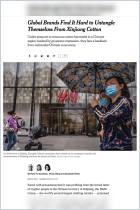
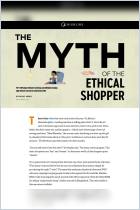
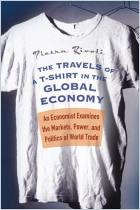
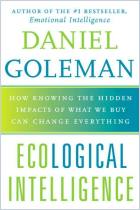
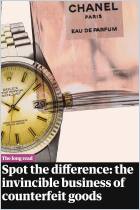
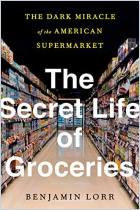












Comment on this summary